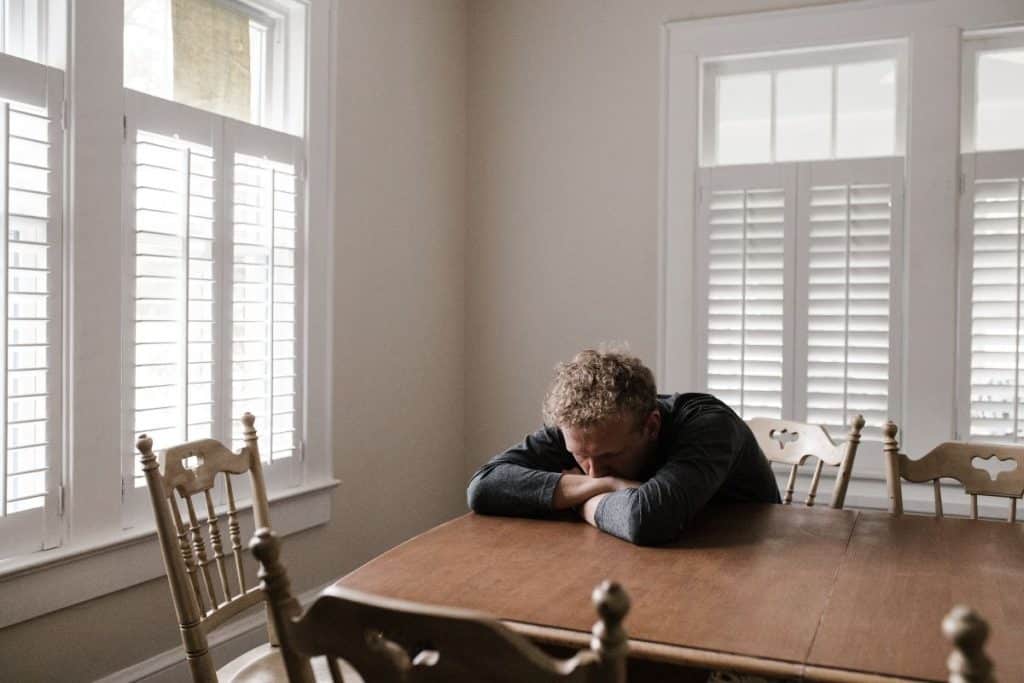Mental health recovery is rarely a straight line. For many people, the journey involves different levels of care at different times, creating a continuum that supports their changing needs. Understanding this treatment continuum can help individuals and families navigate the mental health care system more effectively and find the right support at the right time.
The Importance of Personalized Care
Every person’s mental health journey is unique. What works for one individual may not be appropriate for another, and what helps during one phase of recovery might not be sufficient during a different phase. This is why mental health treatment isn’t one-size-fits-all but rather a spectrum of options designed to match varying levels of need.
Seeking help for mental health challenges is a sign of strength, not weakness. Just as we wouldn’t hesitate to get medical attention for a physical injury, addressing mental health concerns requires appropriate care. The level of that care depends on several factors, including symptom severity, safety concerns, functional impairment, and available support systems.

Inpatient/Residential Treatment: Intensive Support During Crisis
At the most intensive end of the continuum lies inpatient or residential treatment. This level of care is typically appropriate when an individual is experiencing severe symptoms that may put them at risk or significantly impair their ability to function.
Inpatient mental health treatment provides 24-hour supervision and support in a structured environment. It often includes medication management, individual therapy, group therapy, and various therapeutic activities designed to stabilize symptoms and begin the healing process.
At Destination Hope, our inpatient mental health treatment program creates a safe space for individuals in crisis to receive the comprehensive care they need. Our clinical team works closely with each client to address immediate concerns while also developing a foundation for longer-term recovery.
Inpatient treatment typically lasts from several days to a few weeks, depending on individual needs and progress. Once a person has stabilized and is ready for a less intensive level of care, they often transition to a partial hospitalization program.
Partial Hospitalization Programs (PHP): Structured Daily Support
Partial hospitalization programs provide intensive treatment similar to inpatient care but allow individuals to return home each evening. Clients typically attend the program five days a week for several hours each day, participating in individual therapy, group sessions, medication management, and therapeutic activities.
This level of care serves as an important bridge between 24-hour supervision and more independent functioning. It provides substantial support while allowing individuals to begin reintegrating into their home environment and practicing new skills in real-world settings.
At Destination Hope, our PHP offers approximately six hours of daily treatment in a supportive, therapeutic environment. Clients work closely with our treatment team to address their specific challenges while developing coping strategies and building resilience.
Intensive Outpatient Programs (IOP): Balancing Treatment and Independence
As individuals continue to progress in their recovery, they may step down to an intensive outpatient program. IOPs typically involve treatment sessions three to five days per week for a few hours each day. This schedule allows clients to return to work, school, or family responsibilities while still receiving significant therapeutic support.
Intensive outpatient treatment includes group therapy, individual counseling, and often family therapy components. It focuses on reinforcing coping skills, addressing ongoing challenges, and building a foundation for lasting recovery.
Destination Hope’s IOP is designed to provide the right balance of support and independence. Our program emphasizes practical application of recovery skills while helping clients navigate the challenges of daily life. This approach ensures that treatment gains translate into real-world success.
Standard Outpatient Therapy: Maintaining Progress
Standard outpatient therapy typically involves weekly or bi-weekly individual sessions with a therapist, sometimes supplemented by group therapy or support groups. This level of care supports ongoing mental health maintenance and continued personal growth.
Many individuals find that outpatient therapy becomes an important part of their long-term wellness plan. It provides a consistent touchpoint for addressing new challenges, preventing relapse of symptoms, and continuing to develop healthy coping strategies.
Destination Hope’s outpatient services focus on solidifying recovery gains and supporting clients as they fully reintegrate into their communities. Our therapists work collaboratively with clients to address emerging issues and build on their strengths.
The Importance of Aftercare and Ongoing Support
Recovery doesn’t end when formal treatment concludes. Aftercare planning is an essential component of the treatment continuum, ensuring that individuals have the resources and support they need to maintain their progress.
Aftercare may include support groups, alumni programs, periodic check-ins with treatment providers, wellness activities, and connection to community resources. These supports help individuals navigate challenges and prevent minor setbacks from becoming major relapses.
At Destination Hope, we place significant emphasis on aftercare planning. Our case managers provide weekly follow-up support to former clients, helping them stay connected to resources and maintain momentum in their recovery journey.
Moving Through the Continuum
Movement through the treatment continuum isn’t always linear. Some individuals may start with outpatient therapy and find they need more intensive support during particularly challenging times. Others may begin with inpatient treatment during a crisis and gradually step down to less intensive levels of care as they stabilize.
The key is flexibility and responsiveness to changing needs. Effective treatment programs regularly reassess clients’ progress and adjust the level of care accordingly.
Finding the Right Level of Care
Determining the appropriate level of care begins with a comprehensive assessment. At Destination Hope, our experienced clinicians evaluate each individual’s symptoms, history, support system, and goals to recommend the most effective treatment approach.
We believe that matching the level of care to the person’s needs is crucial for successful outcomes. Too little support can leave individuals struggling, while unnecessarily intensive treatment may foster dependency or remove important opportunities for growth.
Our assessment process considers multiple factors, including:
- Symptom severity and stability
- Safety concerns
- Functional impairment in daily life
- Available support systems
- Previous treatment history
- Individual preferences and goals
This thorough evaluation ensures that each person receives the right intensity of care at the right time.
The Destination Hope Difference
What sets Destination Hope apart in the treatment continuum is our commitment to personalized, comprehensive care. We offer multiple levels of service under one umbrella, allowing for smooth transitions and consistent support throughout the recovery journey.
Our team includes experienced mental health professionals who specialize in various treatment approaches and understand the complexity of mental health challenges. We work collaboratively with clients and their families to create treatment plans that address their unique needs and goals.
If you or someone you love is struggling with mental health challenges, understanding the treatment continuum can help you navigate the path forward. At Destination Hope, we’re here to guide you through each step of the journey, providing the support you need to move from crisis to recovery. Remember, seeking help is the first step toward a healthier, more fulfilling life.

